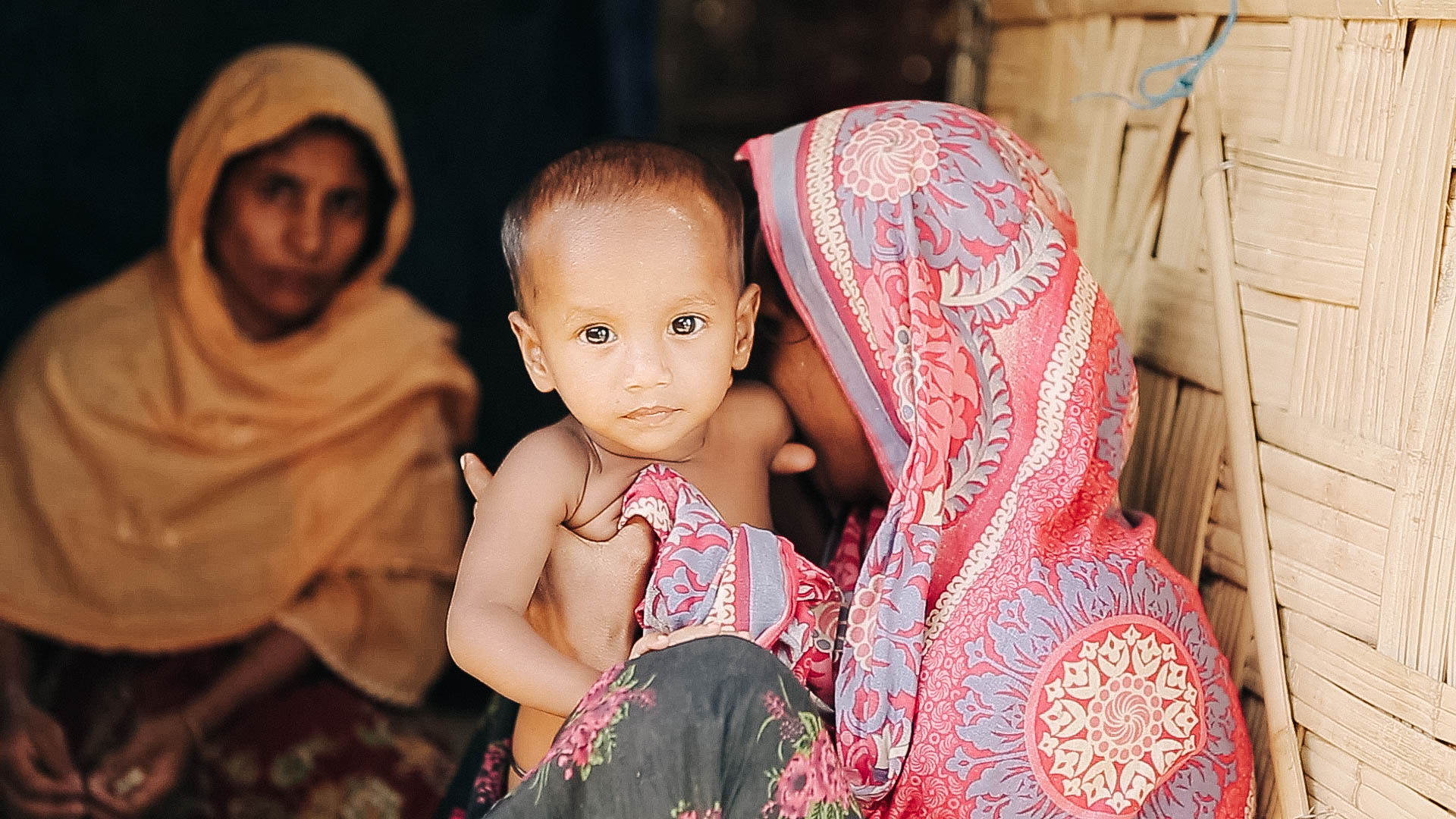Two years after a brutal ethnic cleansing campaign forced more than 740,000 Rohingya men, women and children to flee Myanmar for Bangladesh, the majority remain trapped in unbearable conditions in overcrowded camps, denied security and education.
Amnesty International Australia campaigner Nikita White said: “So long as Rohingya people cannot return to safety and with citizenship and rights in their own country, Australia must increase aid to support education and security for women and children in refugee camps in Bangladesh.
“The Australia government must also ensure its aid will not go to the Myanmar military, which, as the UN’s Human Rights Council has noted, is unaccountable and ‘completely out of control’.
“Amnesty calls on Foreign Minster Marise Payne to commit to funding this vital aid work and to defund the Myanmar military,” White said.
The United Nations this week released its own independent report which found that the remaining Rohingya in Rakhine state are at risk and returning refugees currently in camps in Bangladesh is “impossible”.
Education and support for survivors of sexual violence
Opportunities for education in Bangladesh have always been extremely limited for Rohingya children, both with respect to the education facilities that have been allowed to operate in the camps and permission for registered Rohingya students to attend local Bangladeshi schools.
It is estimated that nearly half of the roughly one million Rohingya refugees now residing in Bangladesh are under the age of eighteen and are banned from any formal schooling. Most fled Myanmar with their families in the aftermath of the wave of violent attacks against their villages that began in late August 2017, and have now been in Bangladesh for more than two years; others were born in Bangladesh.
The Australian government should fund the humanitarian program that supports the right of Rohingya children and young people to education, and the safety and empowerment of women and girls.
Holding the military to account
“Australia must also support the United Nations Security Council to refer the situation in Myanmar to the International Criminal Court, so that the Court can investigate all crimes against humanity committed against the Rohingya, as well as the military’s crimes against other ethnic minorities in Kachin and northern Shan State,” White said.
“It’s clear from the evidence gathered by Amnesty International, The United Nations and other independent groups that Rohingya people have suffered years of institutionalised discrimination and segregation amounting to apartheid and the Australian government must use every opportunity available to hold the Myanmar milary to account and end the human rights abuses.”
